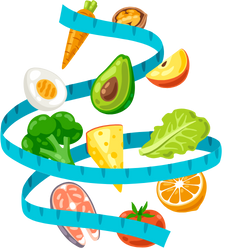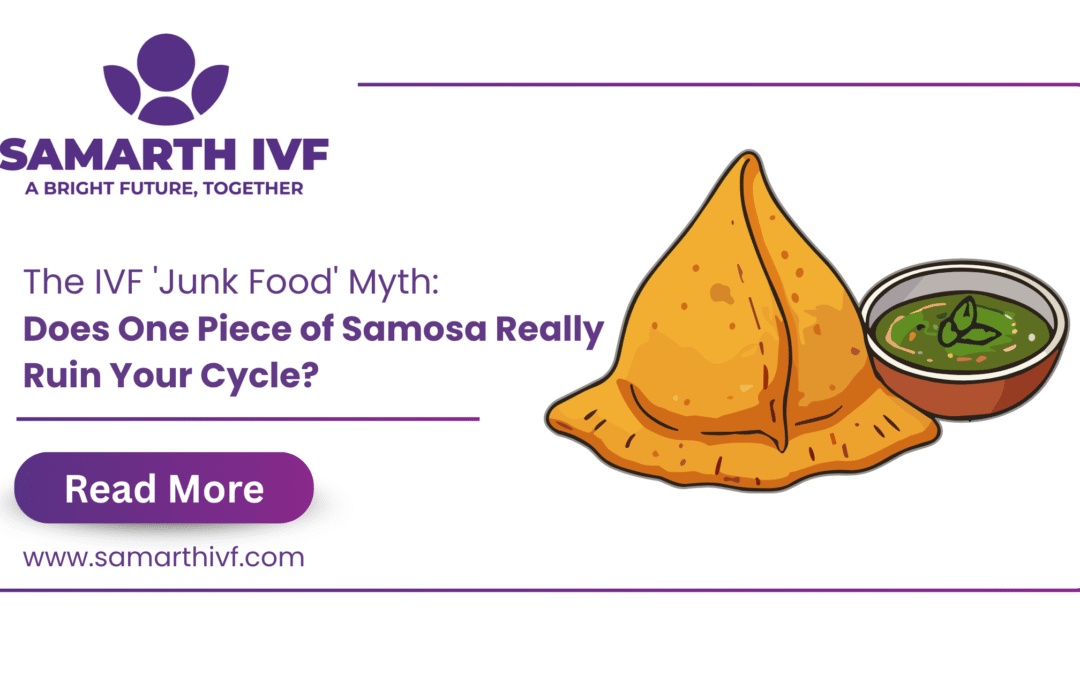In the Indian social and cultural structure, male infertility is often neglected or dishonoured by the male partner. But ideally, both partners are supposed to be screened for infertility. Male infertility ideally revolves around the sperms. The ideal sperm regeneration cycle is 74 days, from its start to reaching its final outcome. The process is known as spermatogenesis. This is a continuous process by which a male produces sperm in his testicles. The beauty of this process is that a male can produce sperms in a cyclical manner and replenish his stock. It has no restrictions like the female egg.
The journey to parenthood via In Vitro Fertilization (IVF) is intense.
In Indian culture, the pressure to conceive is often compounded by family expectations, leading to extreme dedication. We see patients who are terrified to have a single cup of chai, avoid any outside food (even healthy options), and live in fear that one ‘slip-up’—like a rare piece of mithai or a small pakora—will derail their entire, expensive, and emotional cycle.
Let’s be clear: this extreme fear, often fueled by well-meaning but outdated advice, creates
stress that is far more harmful to your hormone balance and overall well-being than the
food itself. It’s time to bust the IVF ‘Junk Food’ Myth.
The Real Enemy is Stress, Not Our Cuisine
Let’s be clear: this extreme fear, often fueled by well-meaning but outdated advice, creates stress that is far more harmful to your hormone balance and overall well-being than the food itself. It’s timIn the delicate world of IVF, consistency, hormone stability, and a healthy uterine environment are key. Chronic, severe anxiety triggers cortisol (the stress hormone). Elevated cortisol can negatively impact reproductive hormones, blood flow to the uterus, and overall emotional resilience.
The patient who cries over eating a vada pav on an impulse is harming their body with stress, not with the snack. This emotional burden often stems from the fear of disappointing their family and doctor.
What the Science Actually Says:

- Consistency is Key: Your doctors at Samarth IVF will recommend a balanced, anti-inflammatory diet based on the traditional Indian fertility diet—rich in proteins,whole grains, and healthy fats. This foundation is non-negotiable.
- The Harm of Deprivation: Overly restrictive dieting is a form of stress. If a small, rare comfort food, like your favorite homemade halwa or a crispy dosa, helps you manage the emotional weight of treatment, it serves a psychological purpose.
- The Impact of Weight: Sudden, drastic changes (like crash dieting or severe weight gain) are what truly affect hormone balance, not a single indulgent meal.
Our Golden Rule: 90/10 Balance
We encourage all our patients to follow the 90/10 Rule—a sustainable approach for a successful journey:
- 90% of the Time: Focus on nutritious, home-cooked, fertility-friendly meals. Take your prescribed supplements. Stay well-hydrated.
- 10% of the Time: Give yourself permission to have a controlled indulgence. Enjoy a small piece of mithai at a family function, savor a cup of filter coffee, or eat a samosa—without the guilt.
- This balanced approach sustains your energy and mood through the long process of ovarianstimulation and the anxiety of the two-week wait.

The Three Actual Diet Traps to AVOID:
- Excessive Caffeine/Chai: Limit your intake to one small cup of coffee or strong chai per day (or eliminate entirely if advised by your doctor). High doses have been linked to fertility issues.
- Unsafe Outside Food: When eating out, be extremely cautious. Ensure any non- vegetarian food is thoroughly cooked to avoid bacterial infection, which can be dangerous during treatment.
- High-Glycemic Processed Sugar: While a single dessert is fine, daily consumption of packaged biscuits, soft drinks, and excessive refined carbs can worsen conditions like PCOS and diabetes.
Stop punishing yourself. Trust the advanced medical care you are receiving at Samarth IVF, and take care of your mind as much as you take care of your body. Your emotional health is one of the most powerful factors you can control.
